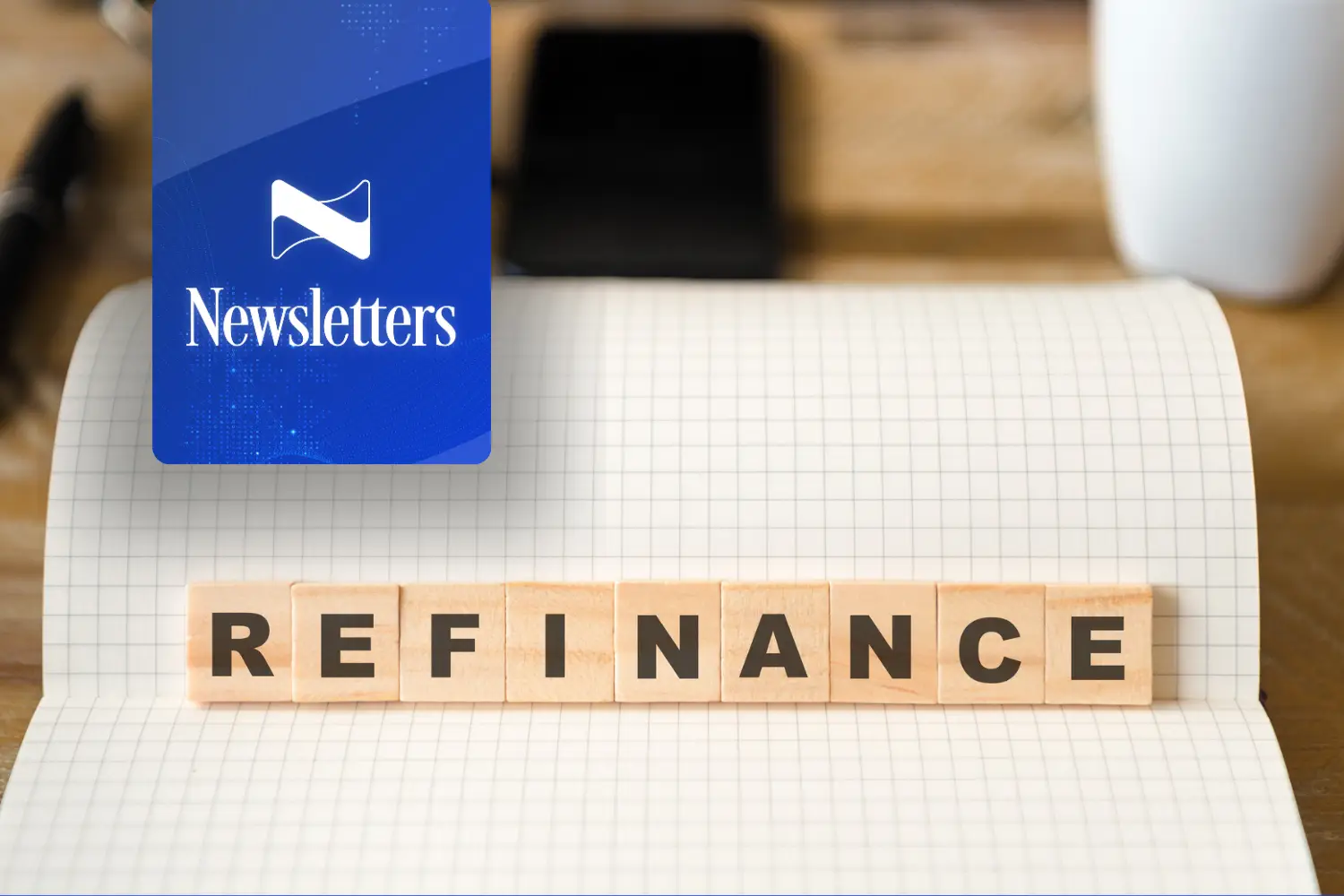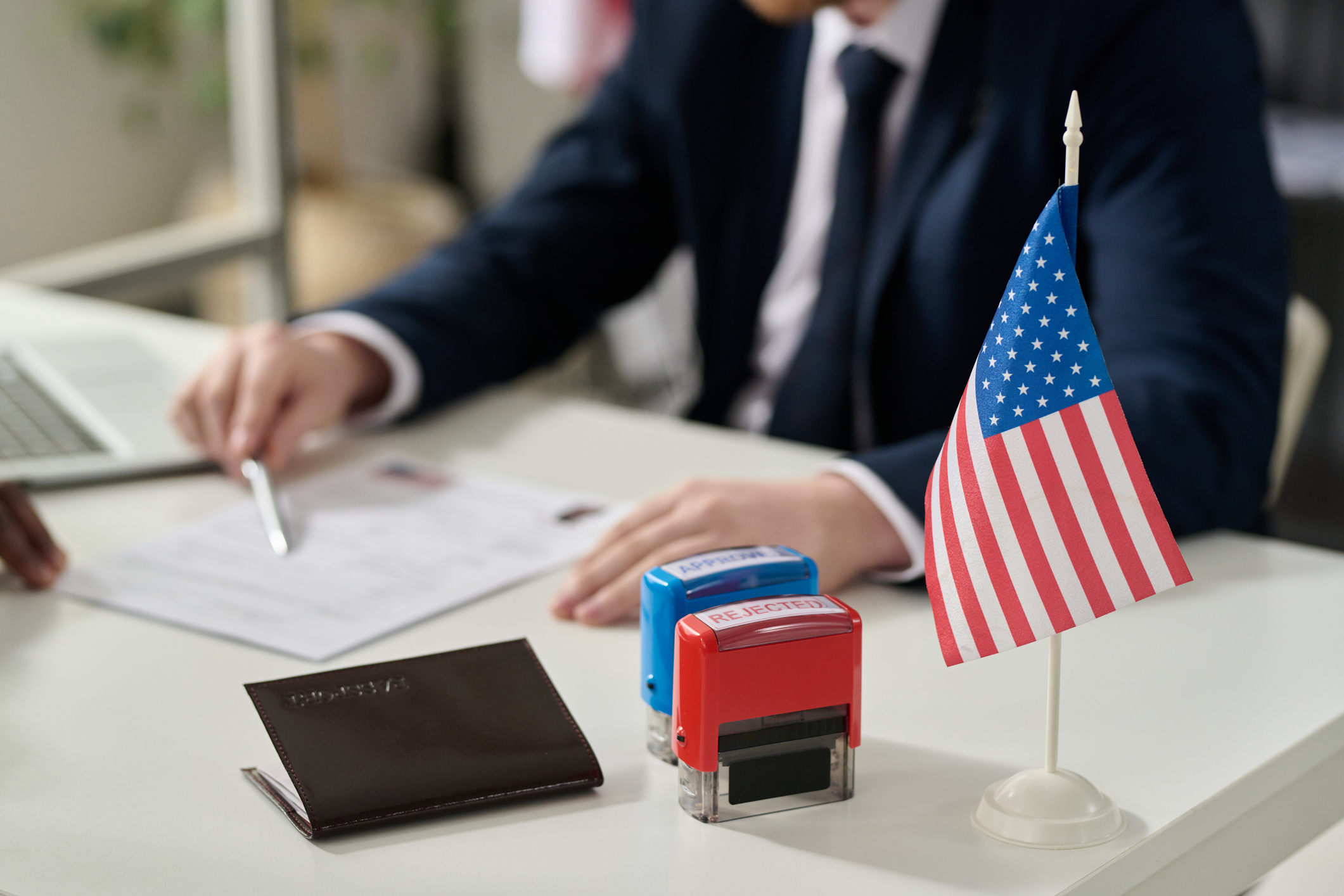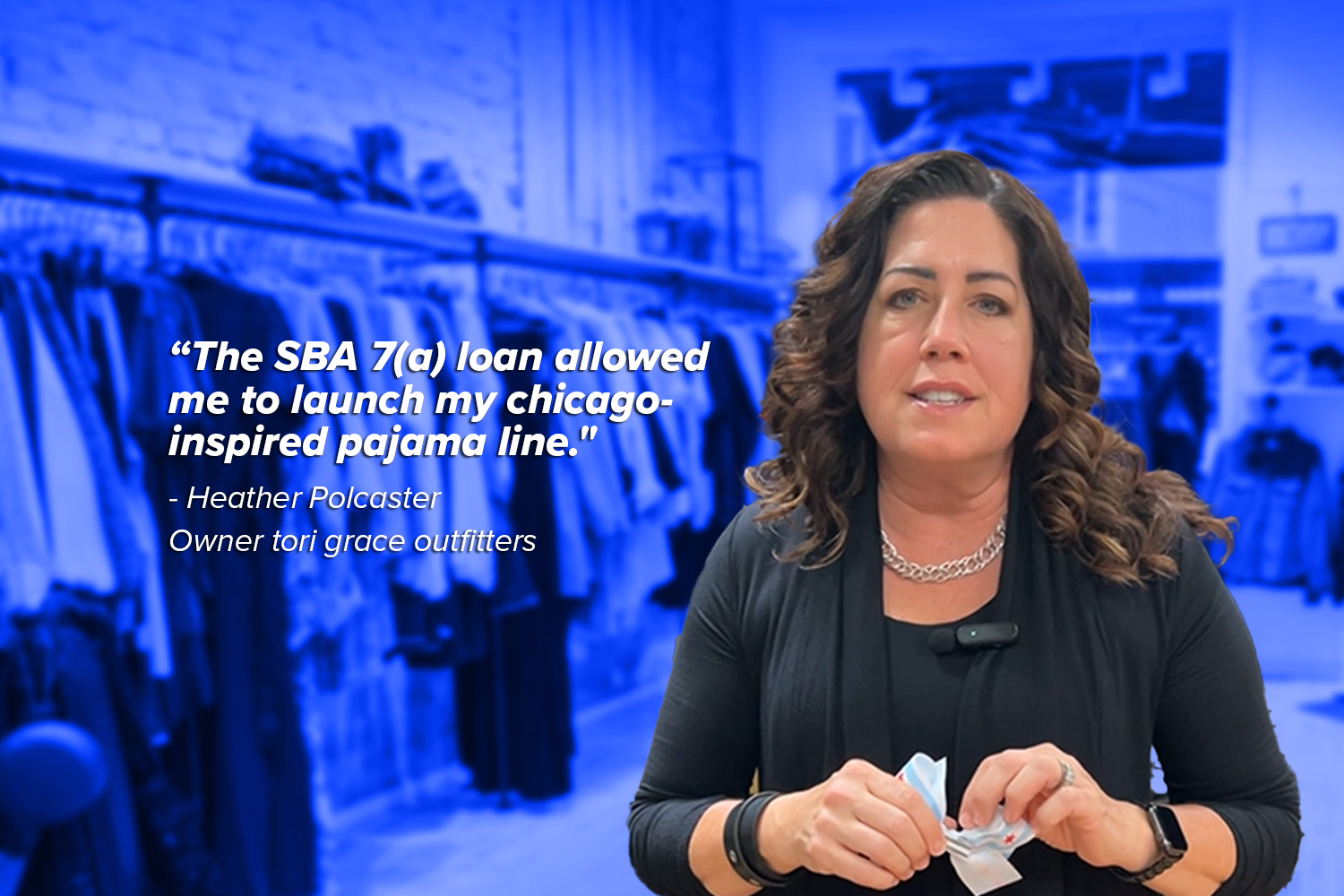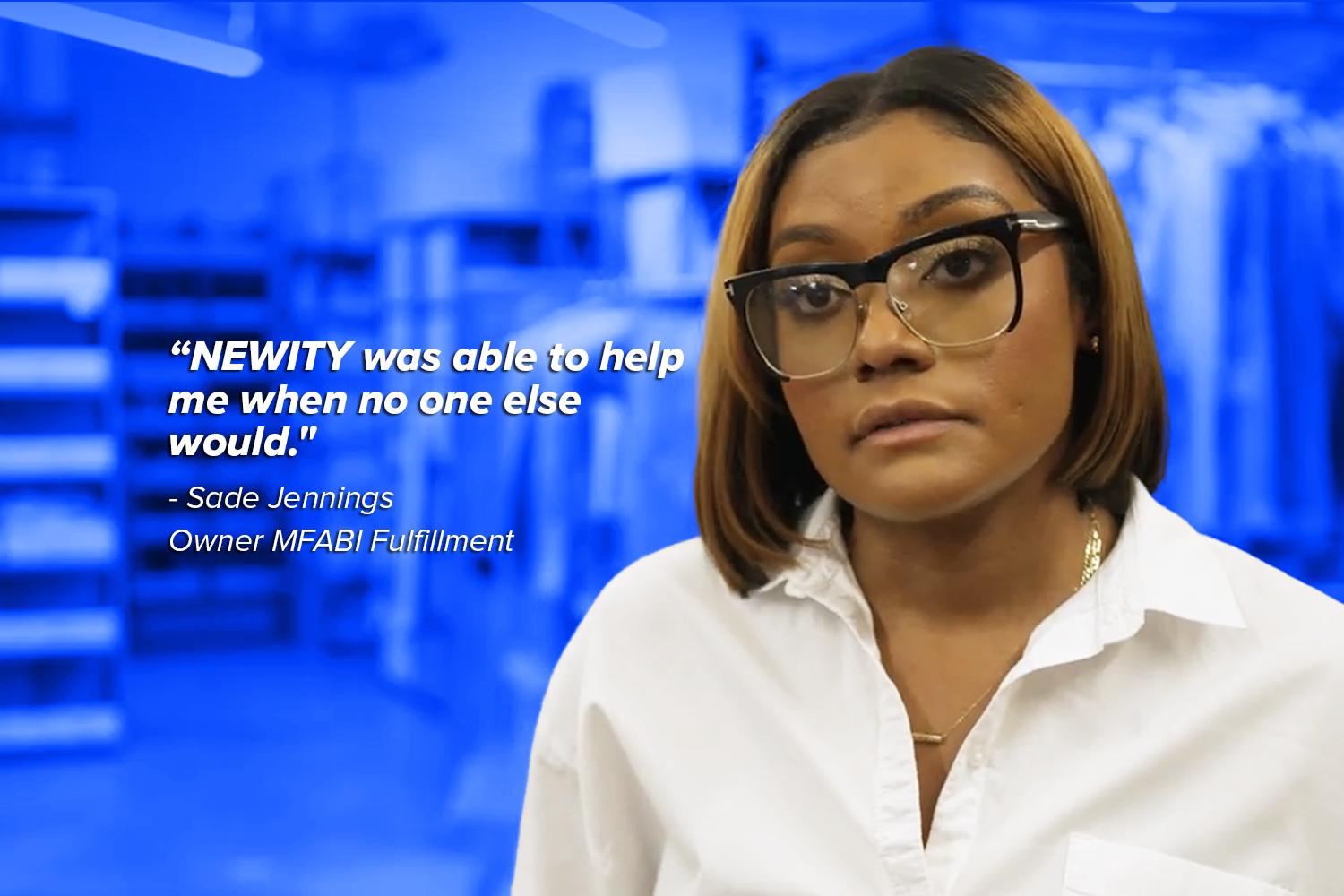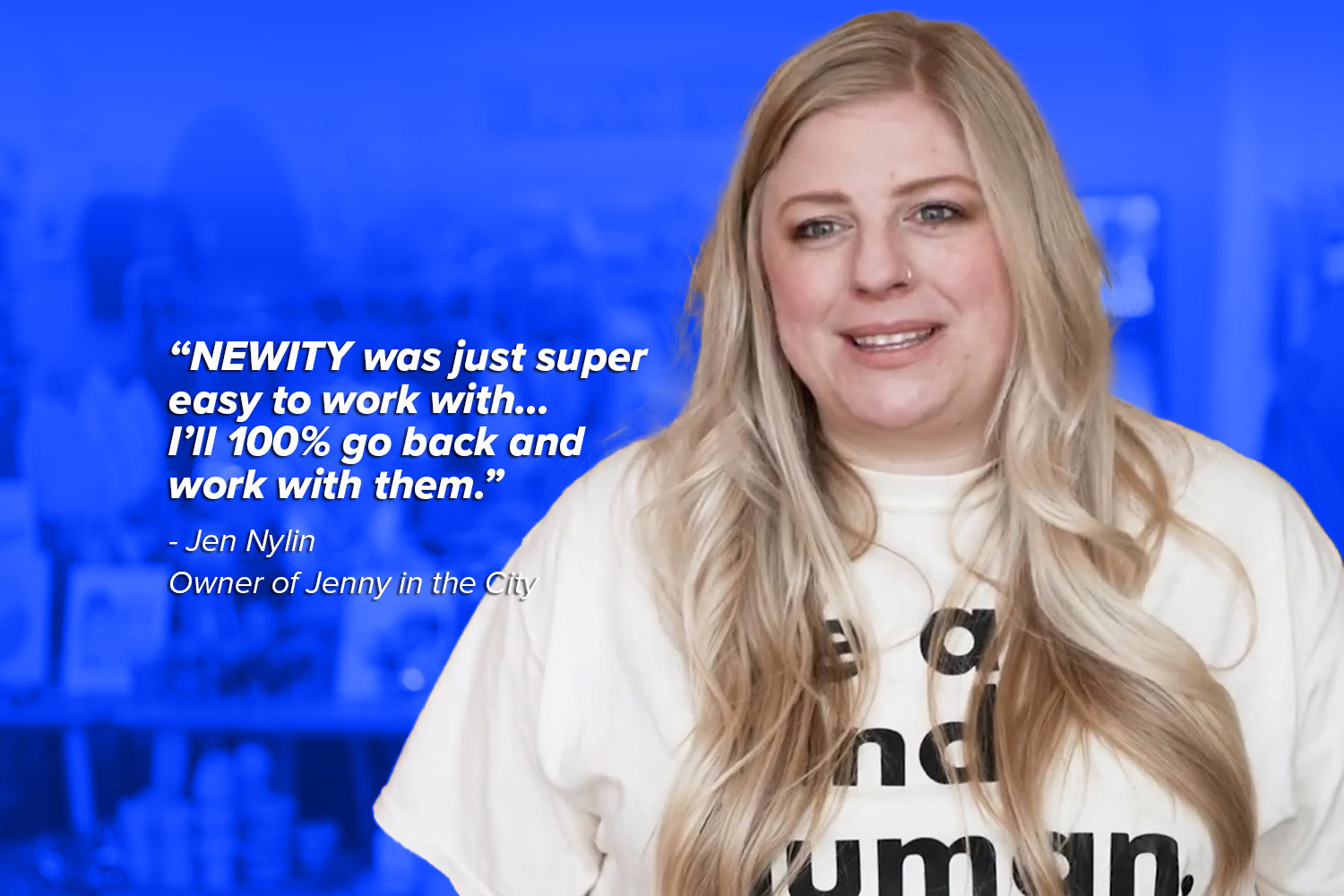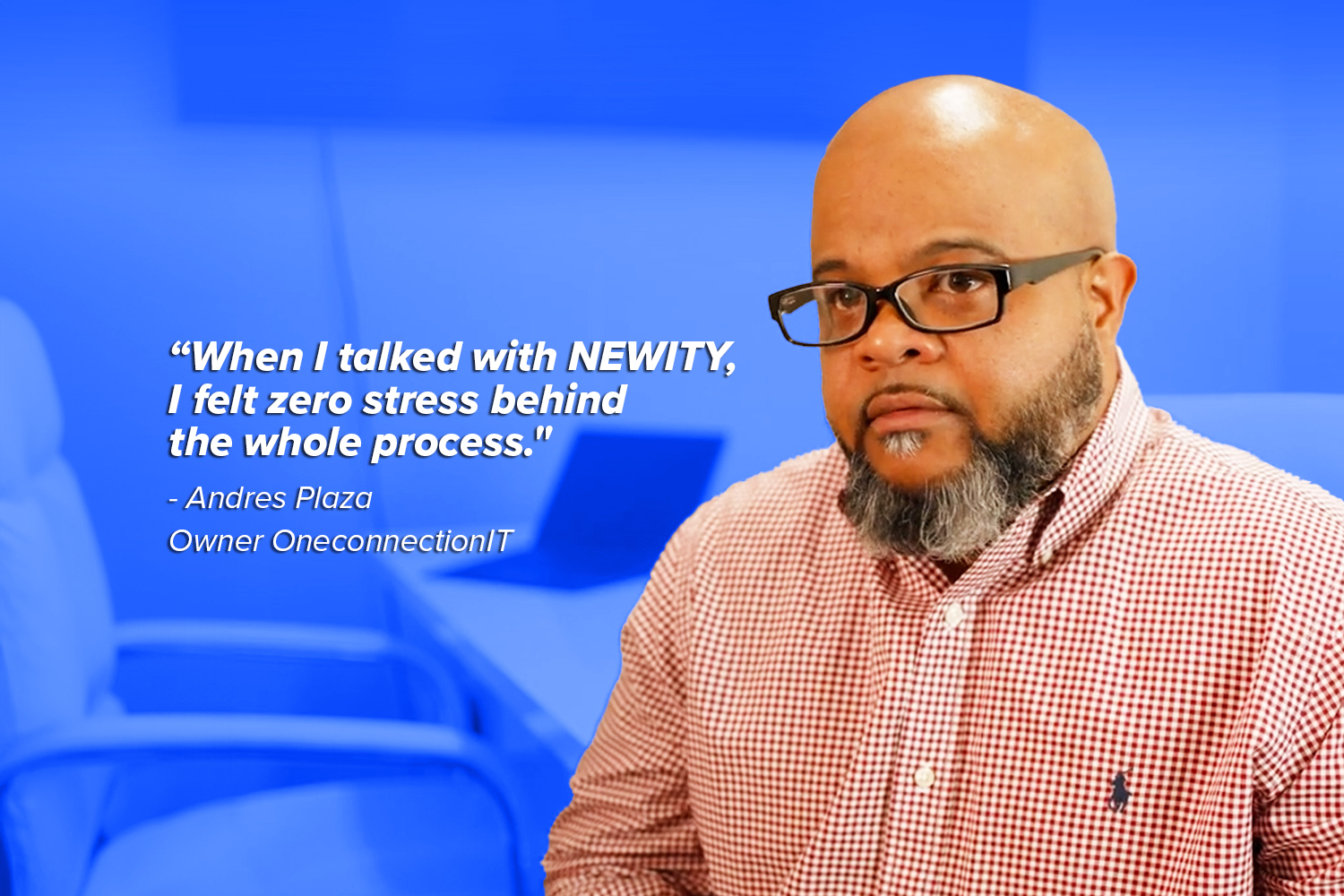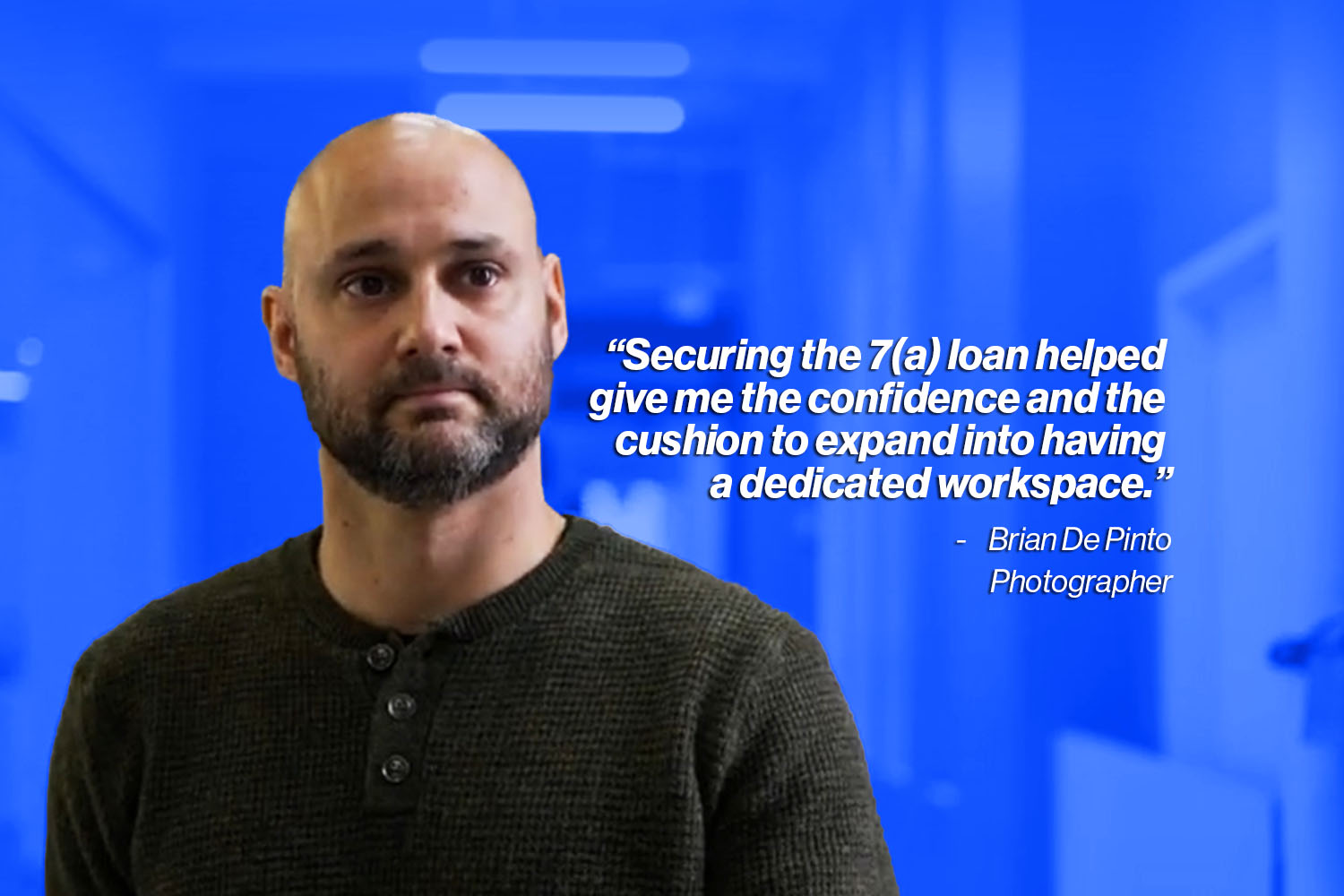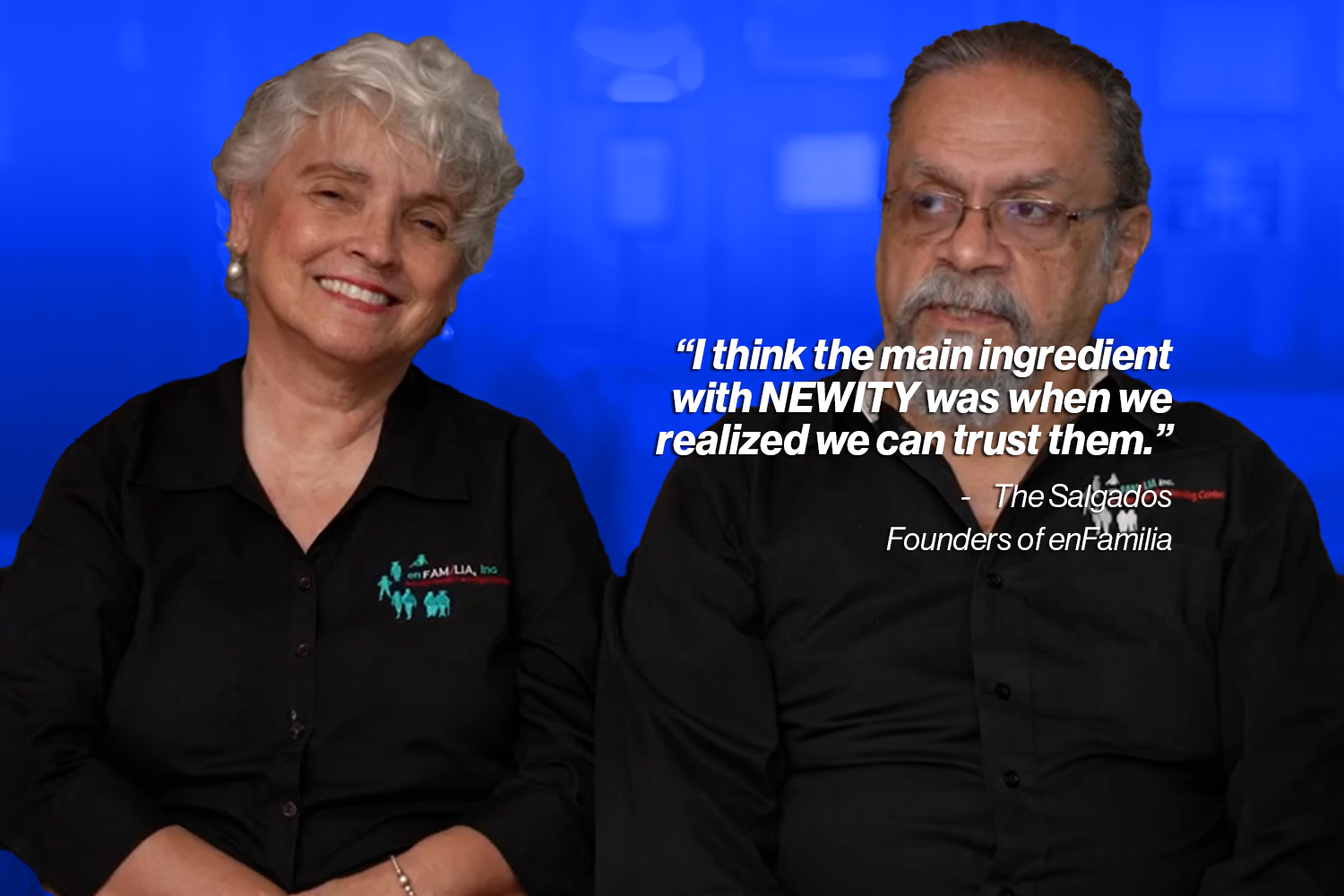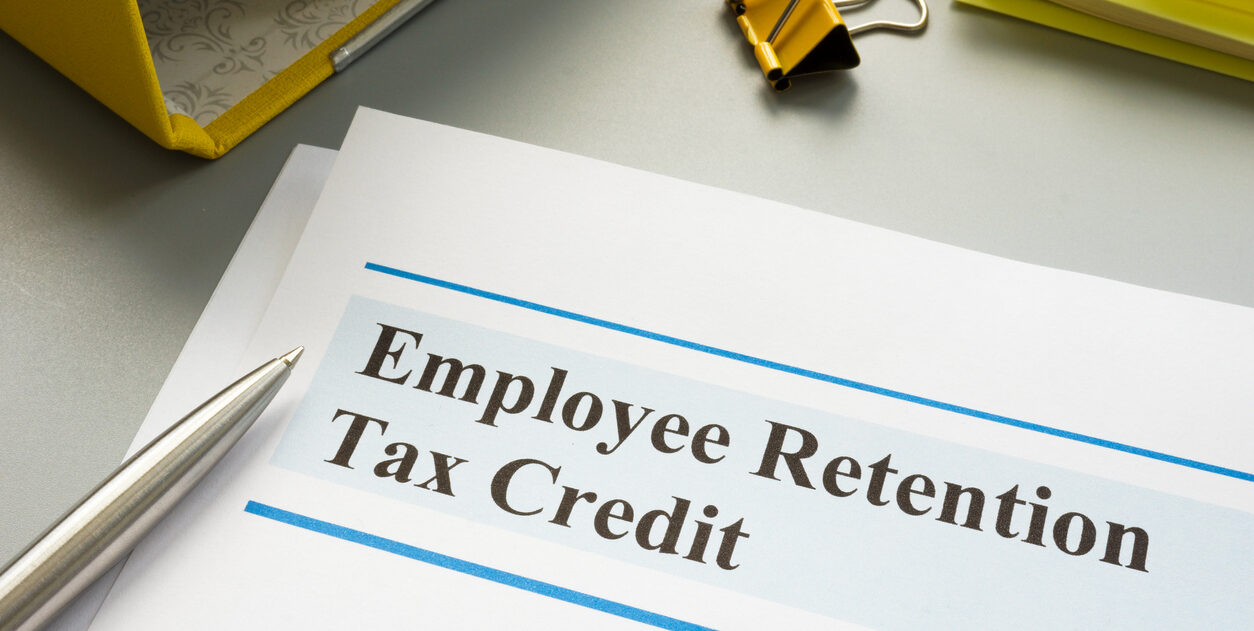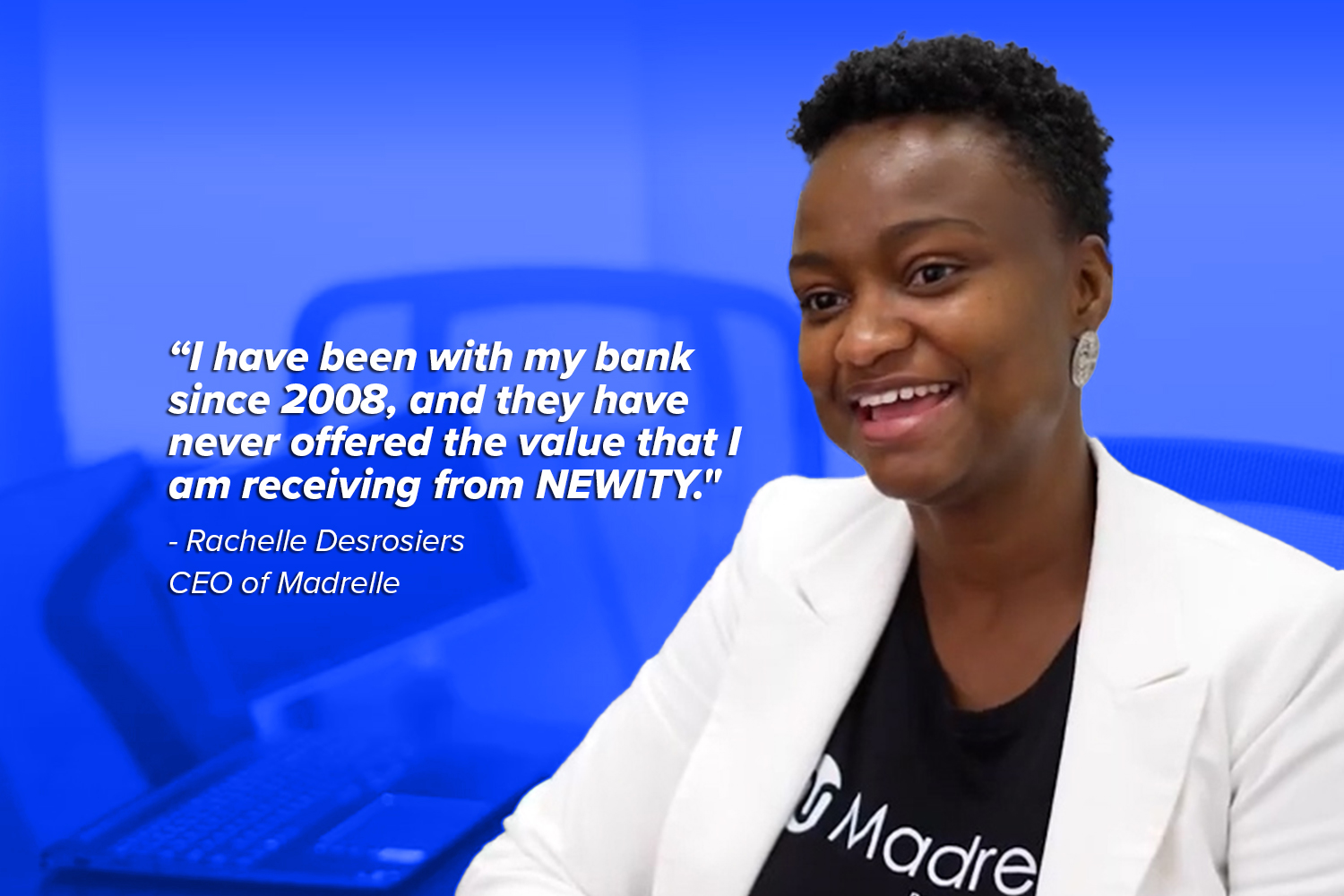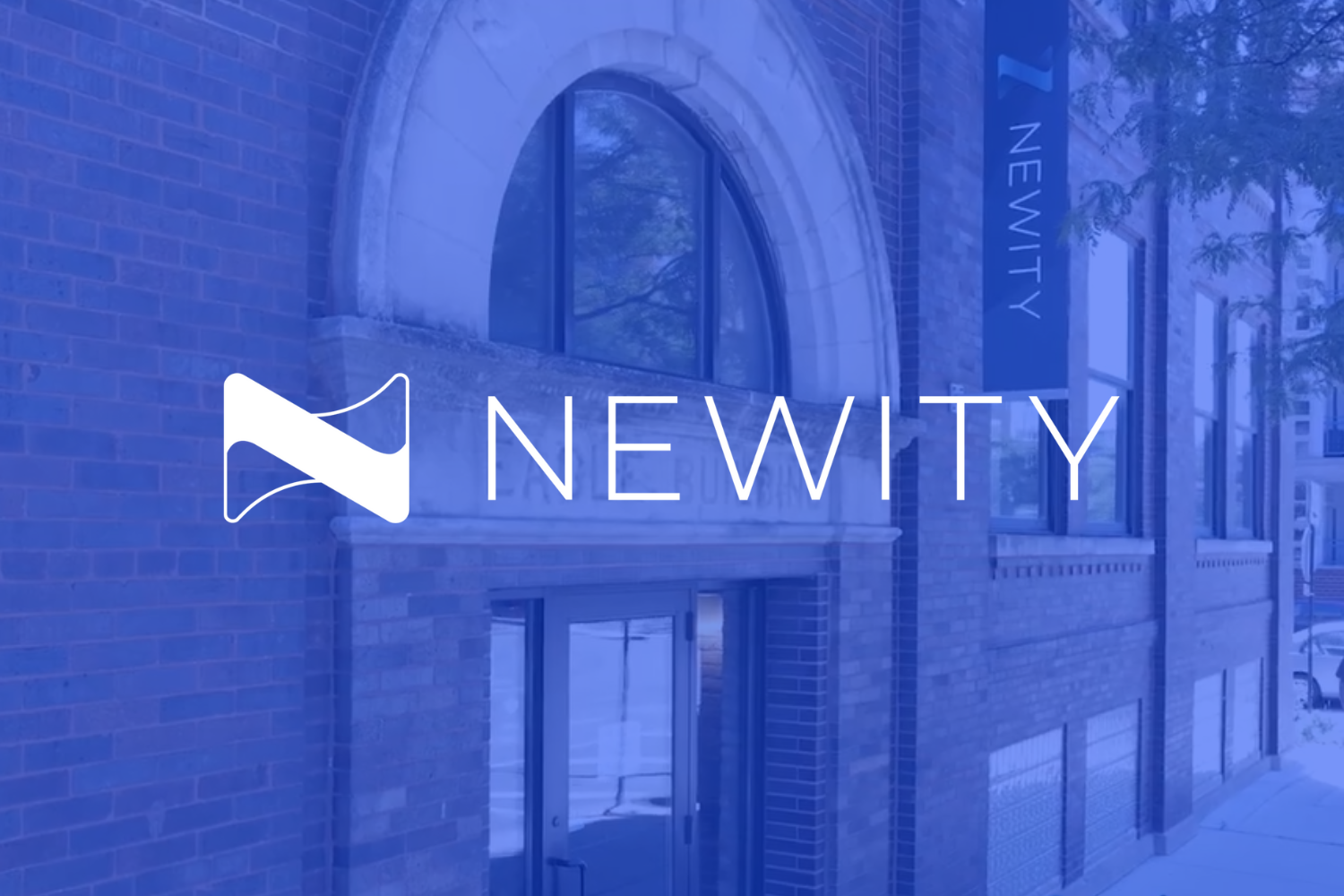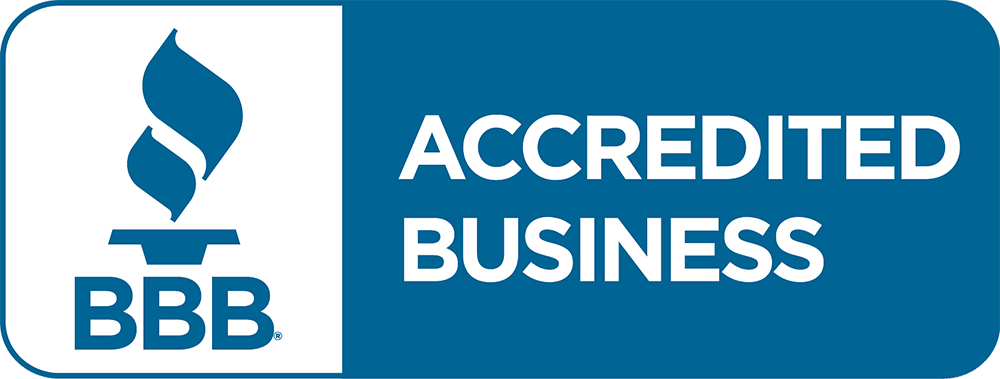Once the policy is up for renewal – what happens next? The days and months leading up to the renewal period is a critical time to ensure you get the right coverage for your needs. This involves working with a broker, considering your options, reevaluating any auto-renewal terms, and more.
To help you navigate your renewal, review this quick guide to ensure you can make the most of your annual insurance policy renewal.
Best practices when renewing business insurance policies
1) Know what to expect of your broker
Many businesses are underserved by their current insurance broker. By understanding expectations of your insurance broker, you can maximize the benefit of your broker to help secure the right policies for your business at the best price.
With insurance policy renewals, your broker should reach out to you at least 60 days before your renewal to start the process of renewal applications, financial documents (if required), and other documents your broker needs to negotiate the most favorable renewal terms from the insurance marketplace. Your broker should be able to advise you on what information and/or applications are required for each of your policies.
If your broker does not reach out to you far enough in advance of the renewal deadline, it could leave you with fewer options and worse renewal terms. Being short on time limits the opportunity to access the entire insurance marketplace – a key way to ensure you get the right policy.
2) Set up a pre-renewal discussion with your broker
A pre-renewal discussion with your broker helps determine if your insurance needs changed over the last year. When your broker contacts you, ensure you set up this discussion and prepare in advance to explain any relevant news.
For instance, changes to your business model or size (i.e. if you hired employees throughout the year or experienced a jump in revenue) can impact the type of insurance you need as well as the amount of insurance and associated premium. Be sure to notify your broker of any updates that could impact your insurance coverage.
3) Reevaluate auto-renewals
Auto-renewals can be a good idea to shield against a potential increase in premium rates, however, if you auto-renewed for a few years, it is worth checking the marketplace to see if you can get a better rate or better coverage from a different carrier. Since the insurance market continuously evolves, there may be changes in the market or new offerings that could benefit your business.
Keep in mind that you may be responsible for making updates to your auto-renewing policies. Some policies might have Terms and Conditions (T&Cs) that require you to notify them if your exposure changed. This could lead to a change in your premium, but not making these required updates could create issues if and when you need to make a claim.
4) Pay attention to deadlines and expiration dates
Your broker should reach out regarding policy renewals with plenty of time to make adjustments, but being aware deadlines and expiration dates can help you stay on top of your policies.
Starting the renewal process in a timely manner is important. If you wait too long to apply for renewal, insurers may not be required to extend your policy. If this occurs, you could experience a lapse in coverage if your policy expires before getting new insurance in-place.
Keep in mind that new policy quotes typically have an expiration date. If an insurer sends you or your broker a quote and it expires, they may need to send you a new one, or they could decline to do so.
5) When considering other options, broaden your search
When you consider other insurance policy options, accessing the entire marketplace allows you to benefit from the largest potential breadth of coverage for your insurance. Once renewal quotes are obtained from the marketplace, your broker should be well-versed in your options to outline the differences between each policy or carrier and provide recommendations.
If your broker only has access to a handful of carriers, it may be worth exploring other broker options.
6) Turn to an independent, unbiased insurance broker
Having a knowledgeable broker with access to the entire insurance marketplace is crucial to ensure you get the best insurance policies for your business.
Finding the best insurance broker for you and your company
NEWITY is excited to partner with Mylo to provide business insurance coverage options to our members. Mylo’s licensed advisors and leading-edge tech will help you find the right insurance to protect what you’re building, no matter your size or industry.
Mylo is part of Lockton Companies – the world’s largest independent insurance broker – with a 50+ year track record of connecting people and businesses to the right coverage. Mylo is an independent broker that doesn’t sell their own insurance, so they can give you a truly objective recommendation based on your specific needs.
To get started with Mylo, click the button below

